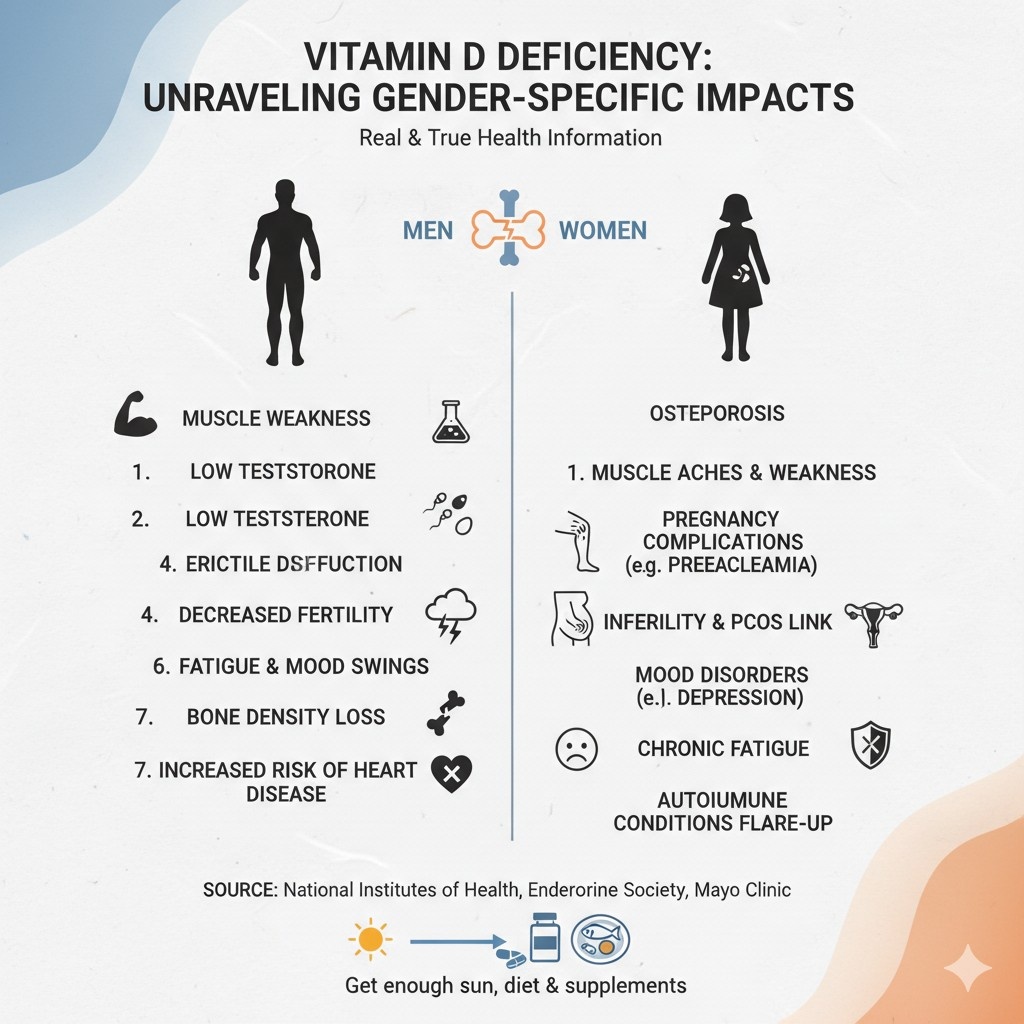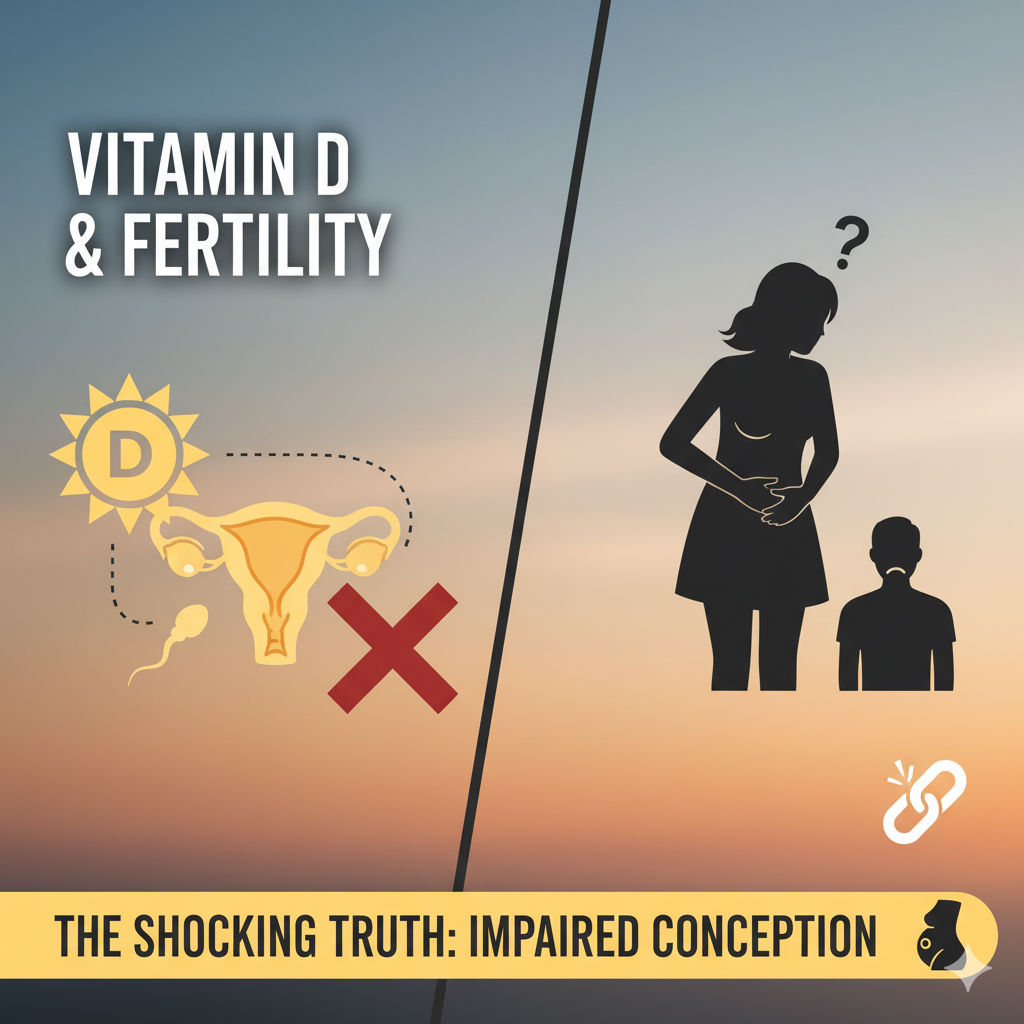Vitamin D, often called the “sunshine vitamin,” plays a significant and multifaceted role in reproductive health for both men and women, impacting the ability to conceive. Research indicates that adequate levels of this essential steroid hormone are associated with improved fertility outcomes, while deficiencies may contribute to difficulties in getting pregnant. For women, its impact is broad, affecting everything from hormone regulation to embryo implantation. In men, its primary role centers on ensuring the quality and function of sperm.
You Are Not Alone: Understanding the Global Challenge of Infertility
The challenge of infertility is a significant global health issue, affecting a vast number of individuals and couples. According to the World Health Organization (WHO), approximately 1 in 6 people worldwide experience infertility in their lifetime, a figure that highlights the widespread nature of this condition across high-, middle-, and low-income countries. This equates to around 17.5% of the adult population.
When breaking down the causes of infertility in heterosexual couples, the distribution is roughly equal:
- One-third of cases are attributed to female factors.
- One-third are due to male factors.
- The remaining one-third are a combination of both partners’ issues or are unexplained.
This widespread struggle leads millions to seek medical assistance. Each year, clinicians around the globe perform more than 2.5 million in-vitro fertilization (IVF) cycles, resulting in over half a million babies born annually. Since the birth of the first IVF baby in 1978, it is estimated that at least 12 to 13 million babies have been born through IVF and other assisted reproductive technologies (ART).

From Egg to Embryo: Vitamin D’s Crucial Role in Every Step of Female Fertility
For women, adequate vitamin D levels appear to be a cornerstone of reproductive success, influencing everything from egg quality to uterine environment. Research indicates that the vitamin D receptor (VDR) is present in key reproductive tissues, including the ovaries, uterus, and placenta, underscoring its importance.
Key Data Points:
- Higher Live Birth Rates: A landmark meta-analysis published in Human Reproduction found that women with sufficient vitamin D levels (above 30 ng/mL) were 34% more likely to have a positive pregnancy test, 46% more likely to achieve a clinical pregnancy, and had a higher live birth rate when undergoing assisted reproduction technology (ART) compared to women with deficient levels.
- Improved IVF Outcomes: Another study highlighted that for every 1 ng/mL increase in blood vitamin D levels, the chance of achieving a live birth may increase by 2.4%. Women with vitamin D levels greater than 20 ng/mL were found to have a 1.5 times greater likelihood of live birth compared to those with lower levels.
- Endometrial Receptivity: Research points to vitamin D’s role in regulating genes, such as the HOXA10 gene, which are crucial for the uterine lining’s receptivity to an implanting embryo. This suggests that a deficiency could compromise the ability of a healthy embryo to attach and grow.

Not Just for Her: The Undeniable Impact of Vitamin D on Male Fertility
- Prevalence studies show that up to 65% of men presenting with idiopathic (unexplained) infertility have insufficient or deficient Vitamin D levels.
- Interventional trials where deficient men received Vitamin D supplementation have demonstrated a statistically significant improvement in semen parameters. The most notable finding is an absolute increase in progressive sperm motility of 5% to 10% (e.g., an increase from 25% to 30-35%).
- Further studies have shown a 15-20% improvement in the acrosome reaction rate in sperm from supplemented men, indicating a more efficient fertilization capacity..
Voices of Authority: Why Fertility Doctors Prioritize Vitamin D
1. Dr. Salli Tazuke, Reproductive Endocrinologist
Dr. Salli Tazuke of CCRM Fertility states that women with sufficient vitamin D levels who are undergoing IVF have more positive pregnancy tests and higher live birth rates. She explains that this is likely because vitamin D receptors are found in reproductive organs like the ovaries and uterus, suggesting it plays a role in egg quality and an embryo’s ability to implant.
2. Dr. Natalie Crawford, OBGYN and Reproductive Endocrinologist
Dr. Natalie Crawford of Fora Fertility highlights compelling data from IVF studies showing a “significant improvement in live birth rates in people who are vitamin D replete.” She believes the primary benefit is likely related to the uterus and implantation, making it logical for clinics to test and correct vitamin D levels before an embryo transfer.
3. Dr. Aimee Eyvazzadeh, “The Egg Whisperer”
Fertility specialist Dr. Aimee Eyvazzadeh considers vitamin D a “fertility essential” and includes it in her standard preconception testing. She emphasizes that it enhances fertility for both men and women by supporting crucial functions like immune health and hormonal balance, which are foundational for a healthy pregnancy.

